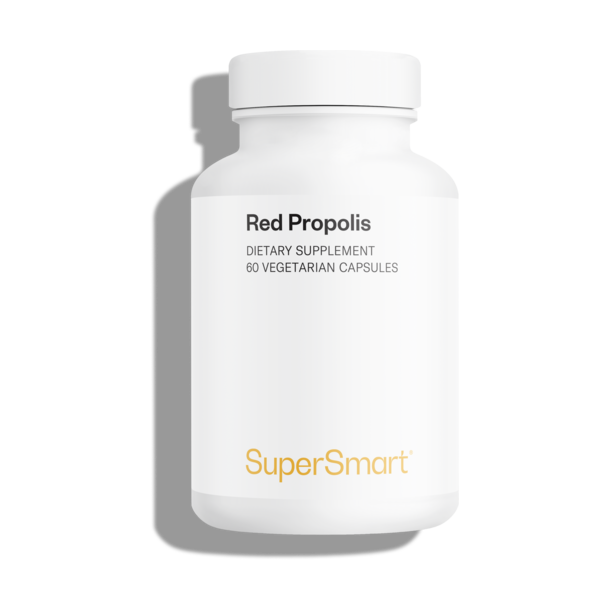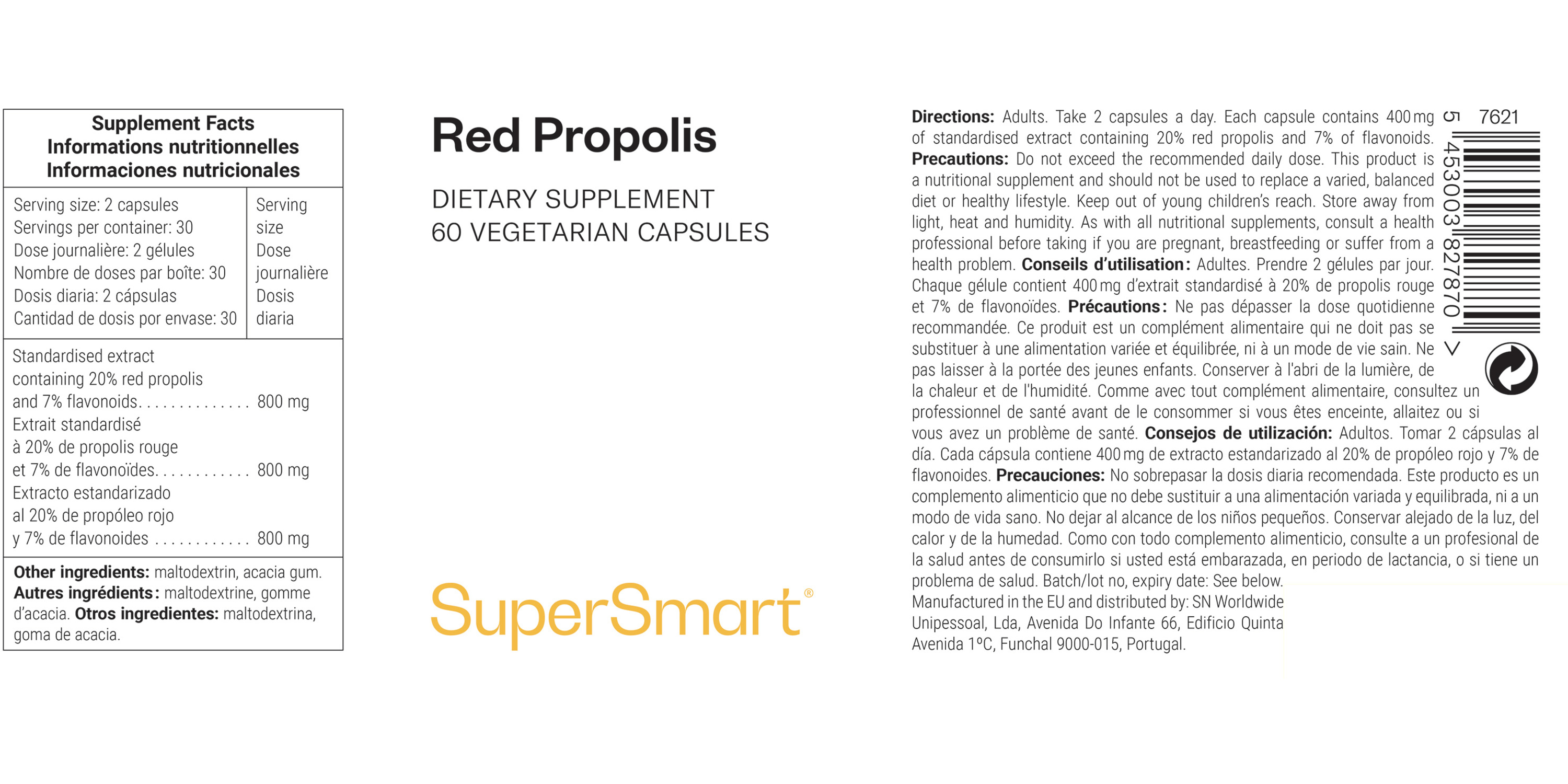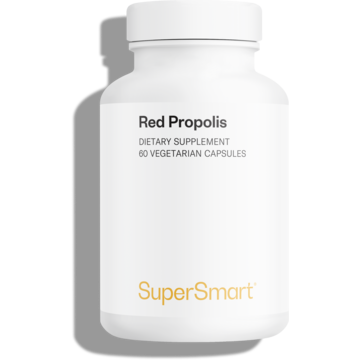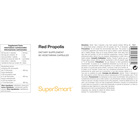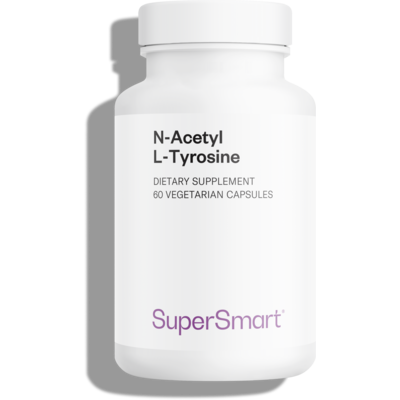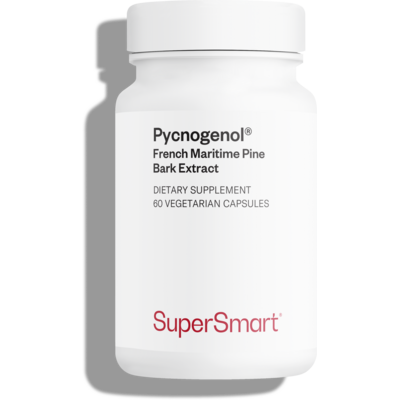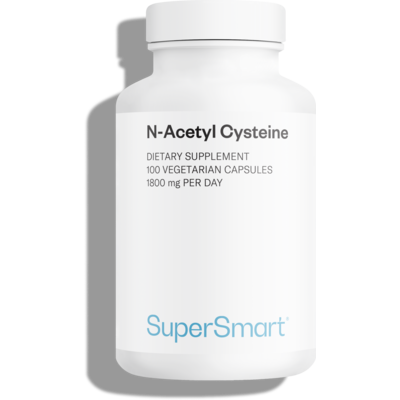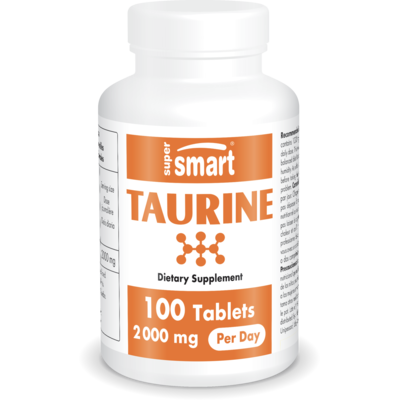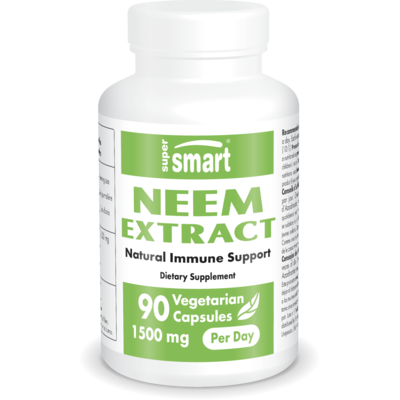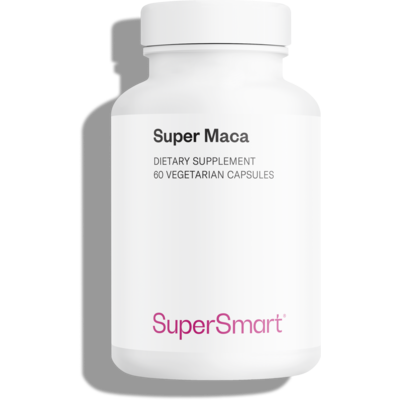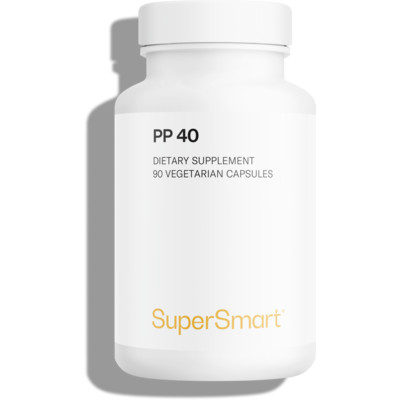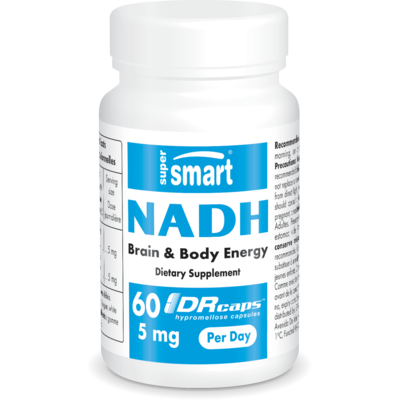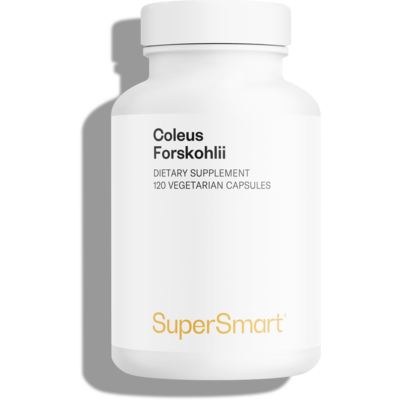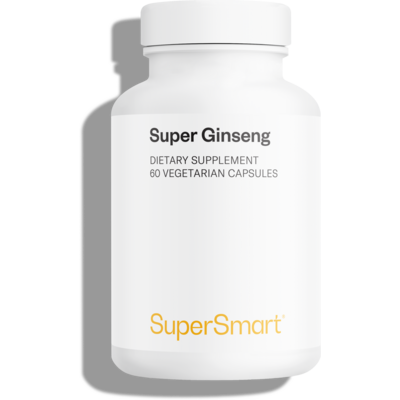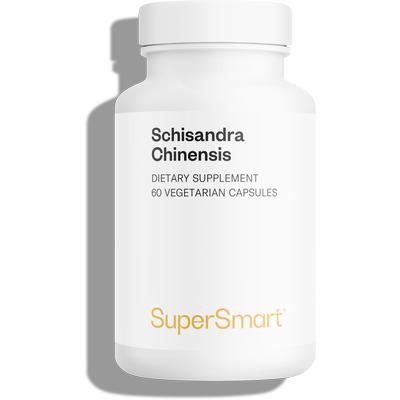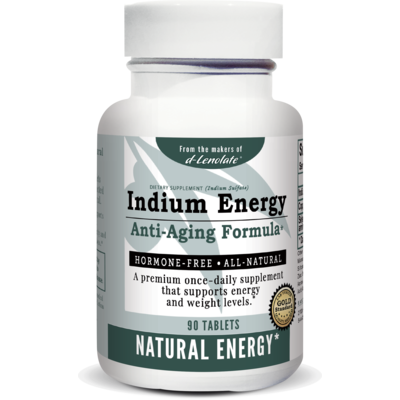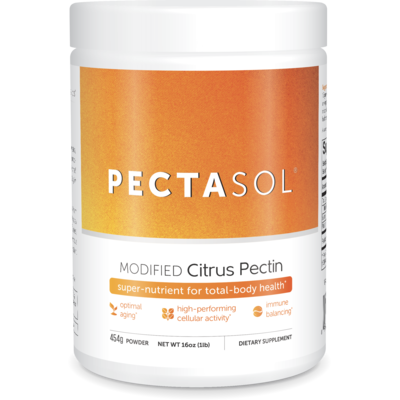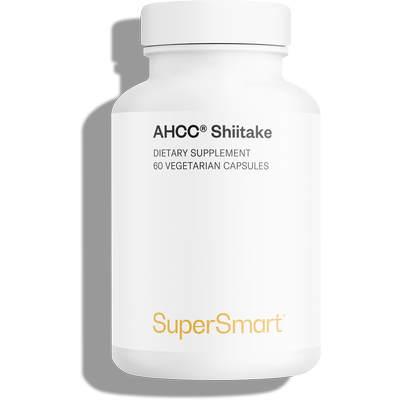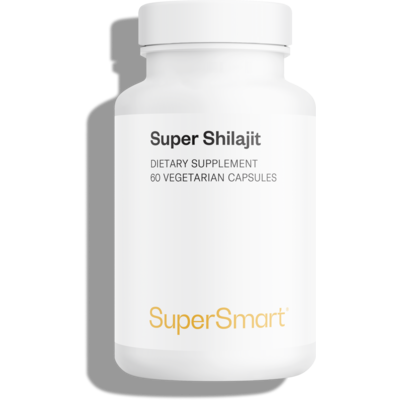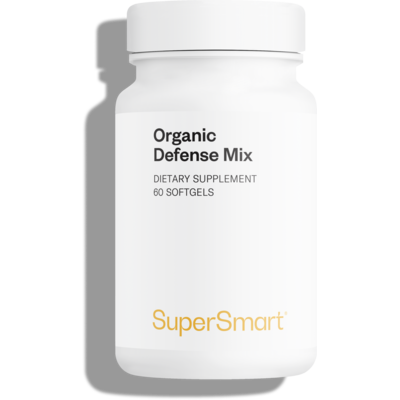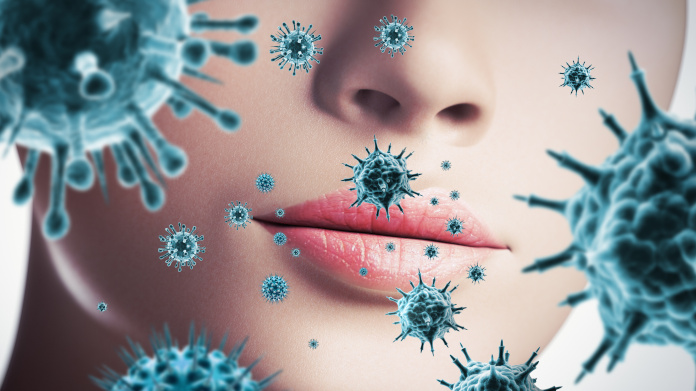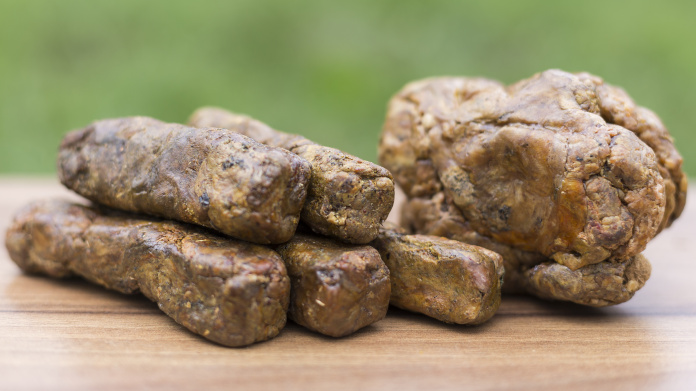This supplement contains red propolis, a rare substance with an exceptionally rich nutritional content that is harvested from the mangroves of Brazil. It has the highest level of antioxidant phenolic compounds of all the forms of propolis and is the most effective at supporting the immune system.
Its extraordinary pharmacological potential – antibacterial, anti-inflammatory, and antiviral antioxidant – exceeds that of which is itself a remarkable, highly-valued product. It also contains more isoflavones, which can help relieve menopause symptoms.
Red Propolis Extract Benefits
So, what is bee propolis?
As confirmed by scientists some decades ago, the use of propolis dates back several thousand years, when people first discovered red bee propolis benefits.
More recently, researchers have discovered it has an astonishing number of biological and therapeutic properties, useful in everyday life. The following are some of the many bee propolis benefits:
- Stimulating the immune system to prevent infection. The immune system can become less responsive when the temperature drops or when it is subjected to a stream of external aggressors, making the body more vulnerable to viruses, bacteria, and pathogenic fungi. Propolis contains micronutrients to prevent such a scenario. It helps specifically by increasing the number of macrophages and makes them fitter and faster by stimulating their lytic activity.
- Helping the immune system fight infection and bacterial attack. In addition to optimizing the efficacy of immune cells, the flavonoids in bee propolis also provide a variety of natural antibiotic compounds that combat the growth of pathogenic bacteria, inhibit the synthesis of bacterial DNA, and break down bacterial cell walls. Individually, these flavonoids have a modest effect, but when combined, they are formidable and help the body repel aggressors using exogenous compounds. They are essentially an additional weapon that increases the effectiveness of immune cells. They include galangin, kaempferol, and pinocembrin, all of which have a powerful antifungal effect, as well as caffeic acid esters, which disrupt the progress of viruses from cell to cell.
- Fighting inflammation. The flavonoids in brazilian red propolis extract interfere with the production of certain inflammatory mediators (especially prostaglandins and leukotrienes) in a similar way to aspirin.
These remarkable properties mean that red bee propolis can help fight infections of all kinds – ENT problems, sore throats, rhinopharyngitis, and sinusitis – as well as reduce their duration and increase the effects of conventional treatments against fungal problems and bacteria.
Other studies have shown that some of its components help stem DNA synthesis in abnormal cells, increase levels of glutathione – an endogenous antioxidant, curb lipid peroxidation, reduce oxidative stress, decrease the toxic effects on the liver caused by alcohol and certain drugs, and combat signs of menopause. As you can see, the list of red propolis capsule benefits goes on and on.
Why is Brazilian Red Propolis so Effective?
Several studies have demonstrated that red bee propolis is the most effective variety in terms of antioxidant potency. It contains more than 300 beneficial micronutrients, including:
- Volatile terpenes: limonene, terpenes, and oleic acid esters, which are partly responsible for its analgesic and anti-inflammatory effects.
- Phenols: flavonoids, lignans, tannins, and coumarins, some of which are specific to red propolis, including elemicin, isoliquiritigenin, trans-anethole, methyleugenol, dalbergin, vestitol, and medicarpin, which offer marked antioxidant and cytoprotective effects.
- Triterpenes: lupeol and amyrin, to which its antimicrobial effects are partly attributed.
- Specific isoflavones that reduce symptoms of the menopause.
- And inorganic precious elements, such as copper, manganese, iron, calcium, and vanadium.
Where does Red Bee Propolis Come From?
Propolis is a sealant used by bees for strengthening the hive interior, making it more air- and water-tight and better able to resist microbial and fungal attacks. The bees make it from anti-pathogenic resins gathered from tree buds and bark, which they mix with wax and saliva.
The propolis is then collected by beekeepers by scraping it out of the frames of the beehive, after which the wax and impurities are removed. The final product is a complex concentrate of phytonutrients from the tree buds and micronutrients directly from the bees.
In Europe, bees make propolis from poplar trees or conifers. In Brazil, however, where ecosystems are infinitely richer, there are about 13 types that vary based on the plant source used by the bees. They include red bee propolis, which contains the most antioxidant phytonutrients and demonstrates the highest antioxidant activity. It gets its red color from a unique flavonol pigment called retusapurpurine.
It is produced from a climbing tree with vine-like branches: Dalbergia ecastaphyllum, which grows in the mangroves of northern Brazil. In this extraordinary environment, far from intensive farming, the bees collect a bright red, resinous exudate, associated with the presence of a local parasite.
That is how we get Brazil red bee propolis. And while the brazilian red propolis supplement is considered the best bee propolis supplement, many people are also interested in green propolis supplements. Green propolis is produced by bees in southern Brazil from a completely different species called Baccharis dracunculifolia.
Five Good Reasons to take Brazil Red Bee Propolis Capsules
Red bee propolis is a natural and very rare product (annual production in Brazil is estimated to be only 1 to 2 tons), the manufacture of which relies on high-quality French extraction facilities.
The long list of Brazilian red bee propolis benefits provides plenty of reasons to take these supplements to boost the immune system. Here are five more:
- It is the most bio-rich, effective, and rarest of all the varieties of propolis.
- It comes in capsule form and thus leaves no bitter taste in the mouth.
- The fact that it is freeze-dried means that all the properties of its ingredients are well-preserved with a long shelf-life. This is not the case with fresh propolis, the quality of which is often mediocre.
- It contains much higher levels of isoflavones than other types of propolis, which can help relieve menopause symptoms.
- It is the best natural product for supporting the immune system throughout the winter.
WARNINGS
Do not exceed the recommended daily dose. This product is a nutritional supplement and should not be used as a substitute for a varied and balanced diet or a healthy lifestyle.
STORAGE
Store in a cool, dry place away from direct sunlight, heat, and humidity.
Keep out of reach of children.
PREGNANCY AND MEDICAL CONDITIONS
If you are pregnant, breastfeeding, or have any medical conditions, consult your healthcare provider before using this product.
SUPPLEMENT INTERACTIONS
Consult your healthcare provider before use, especially if you are taking any medications or other supplements as there may be potential interactions.
*These statements have not been evaluated by the Food and Drug Administration. This product is not intended to diagnose, treat, cure, or prevent any disease.
Daily dose: 2 capsules
Number of doses per pack: 30 |
Amount per dose |
| Standardized extract containing 20% red propolis and 7% flavonoids
|
800 mg |
| Other ingredients: maltodextrin, acacia gum. |
How Should you Take Red Propolis?
We recommend adults to take 2 capsules a day. But to get the most out of red bee propolis supplements, we recommend these additional steps:
- Eat more fruits and vegetables to increase your exogenous antioxidant levels. These foods will give your immune defenses a boost and complement the activity of the red bee propolis.
- Make sure you get enough sleep. A lack of sleep impairs the quality of your immune response.
- Pay attention to your diet. Poor diet is the main cause of a weak immune system: even mild deficiencies in key micronutrients can play a significant role in the daily battle that takes place between the body and pathogens. Taking a high-quality multivitamin supplement such as Daily 3® during periods of impaired overall health can help optimize the immune system as well.
- Avoid synthetic cleaning products, cigarette smoke, and pesticides. Exposure to these substances damages the immune system. The first step toward learning how to boost your immune system is to completely remove these dangerous substances from your life.
For synergistic effects, it is possible to combine red bee propolis with other supplements available to buy at SuperSmart. Combine your red Brazilian propolis supplements with Berberine, a barberry extract, which is a powerful antibacterial that also helps lower blood sugar levels.
You can also combine it with Zinc Orotate, which has well-documented preventive effects against the common cold, or even Vitamin C, invaluable in winter for boosting white cell numbers.
Or, try combining red bee propolis with SuperSmart’s medicinal mushroom complex Organic MycoComplex enriched with ginseng and selenium.
And lastly, Organic Royal Jelly, standardized in 10-HDA, is another great option for boosting the immune defenses.
Note: this bee propolis dietary supplement is not recommended for those who are allergic to beehive products. Buy red bee propolis capsules for immune system support today.
- Machado BAS, Silva RPD, Barreto GdA, Costa SS, Silva DFd, Brandão HN, et al. (2016) Chemical Composition and Biological Activity of Extracts Obtained by Supercritical Extraction and Ethanolic Extraction of Brown, Green and Red Propolis Derived from Different Geographic Regions in Brazil. PLoS ONE 11(1): e0145954. doi:10.1371/ journal.pone.0145954
- Park YK, Ikegaki M, Alencar SM, Moura FF. Evaluation of Brazilian propolis by both physicochemical methods and biological activity. Honeybe Sci 2000; 21: 85-90.
- Oldoni TLC, Cabral ISR, D'Arce MABR, Rosalen PL, Ikegaki M, Nascimento AM, et al. Isolation and analysis of bioactive isoflavonoids and chalcone from a new type of Brazilian propolis. Separat Purif Technol 2011; 77: 208-13.
- Corbellini Rufatto L. et al. Red propolis: Chemical composition and pharmacological activity, Asian Pac J Trop Biomed 2017; 7(7): 591–598
- Szliszka, E., Kucharska, A. Z., Sokół-Łętowska, A., Mertas, A., Czuba, Z. P., & Król, W. (2013). Chemical composition and anti-inflammatory effect of ethanolic extract of Brazilian green propolis on activated J774A.1 macrophages. Evidence-based Complementary and Alternative Medicine976415
- Viuda-Martos, M., Ruiz-Navajas, Y., Fernandez-Lopez, J., & Perez-Alvarez, J. A. (2008). Functional properties of honey, propolis, and royal jelly. Journal of Food Science, 73(9), R117–R124.
- Ngatu NR, Saruta T, Hirota R, Eitoku M, Muzembo BA, Matsui T, et al. Antifungal efficacy of Brazilian green propolis extracts and honey on Tinea capitis and Tinea versicolor. Eur J Integr Med. 2011; 3(4): e281–e287. doi: 10.1016/j.eujim.2011.10.001
- Bufalo, M. C., Ferreira, I., Costa, G., Francisco, V., Liberal, J., Cruz, M. T., ... Sforcin, J. M. (2013). Propolis and its constituent caffeic acid suppress LPS-stimulated pro-inflammatory response by blocking NF-kappaB and MAPK activation in macrophages. Journal of Ethnopharmacology, 149, 84–92
- Franchi, G. C., Moraes, C. S., Toreti, V. C., Daugsch, A., Nowill, A. E., & Park, Y. K. (2012). Comparison of effects of the ethanolic extracts of Brazilian propolis on human leukemic cells as assessed with the MTT Assay. Evidence-based Complementary and Alternative Medicine918956 (6).
- Crisan I, Zaharia CN, et al. Natural propolis extract NIVCRISOL in the treatment of acute and chronic rhinopharyngitis in children.Rom J Virol. 1995 Jul-Dec;46(3-4):115-33.
- Cohen HA, Varsano I, et al. Effectiveness of an herbal preparation containing echinacea, propolis, and vitamin C in preventing respiratory tract infections in children: a randomized, double-blind, placebo-controlled, multicenter study.Arch Pediatr Adolesc Med. 2004 Mar;158(3):217-21.
- Machado BAS, Silva RPD, Barreto GdA, Costa SS, Silva DFd, Brandão HN, et al. (2016) Chemical Composition and Biological Activity of Extracts Obtained by Supercritical Extraction and Ethanolic Extraction of Brown, Green and Red Propolis Derived from Different Geographic Regions in Brazil. PLoS ONE 11(1): e0145954. doi:10.1371/ journal.pone.0145954
- Frozza, C. O.d. S., Santos, D. A., Rufatto, L. C., Minetto, L., Scariot, F. J., Echeverrigaray, S., ... Henriques, J. A. P. (2017). Antitumor activity of Brazilian red propolis fractions against Hep-2 ... cell line. Biomedicine & Pharmacotherapy, 91, 951–963.
- Trusheva B, Popova M, Bankova V, Simova S, Marcucci MC, Miorin PL, et al. Bioactive constituents of Brazilian red propolis. eCAM 2006; 3: 249-54.
- Balasundram N, Sundram K, Samman S. Phenolic compounds in plants and agri-industrial by-products: antioxidant activity, occurrence, and potential uses. Food Chem 2006; 99: 191-203.
- Cheynier V. Phenolic compounds: from plants to foods. Phytochem Rev 2012; 11: 153-77.
- Thimmappa R, Geisler K, Louveau T, O'Maille P, Osbourn A. Triterpene biosynthesis in plants. Ann Rev Plant Biol 2014; 65: 225-57.
- Marcucci MC. Propriedades biologicas e terap ´ euticas dos con- ˆ stituintes químicos da propolis. ´ Quím Nova 1996; 19: 529-36
- Pereira AS, Seixas FRMS, Aquino Neto FR. Propolis: 100 anos de ´ pesquisa e suas perspectivas futuras. Quím Nova 2002; 25: 321-6.
- Andrade, J. K. S., Denadai, M., de Oliveira, C. S., Nunes, M. L., & Narain, N. (2017). Evaluation of bioactive compounds potential and antioxidant activity of brown, green and red propolis from Brazilian northeast region. Food Research International, 101, 129–138. doi:10.1016/j.foodres.2017.08.066
- Piccinelli AL, Lotti C, Campone L, Cuesta-Rubio O, Campo Fernandez M, Rastrelli L. Cuban and Brazilian red propolis: botanical origin and comparative analysis by high-performance liquid chromatography-photodiode array detection/electrospray ionization tandem mass spectrometry. J Agric Food Chem 2011; 59: 6484-91.
- Clardy J, Walsh C. Lessons from natural molecules. Evid Based Complement Altern Med 2004; 432: 829-37.
- Silva BB, Rosalen PL, Cury JA, Ikegaki M, Souza VC, Esteves A, et al. Chemical composition and botanical origin of red propolis, a new type of Brazilian propolis. Evid Based Complement Altern Med 2007; 5: 313-6.
- Daugsch A, Moraes CS, Fort P, Park YK. Brazilian red propolischemical composition and botanical origin. Evid Based Complement Altern Med 2008; 5: 435-41
- López, B. G.-C., Schmidt, E. M., Eberlin, M. N., & Sawaya, A. C. H. F. (2014). Phytochemical markers of different types of red propolis. Food Chemistry, 146, 174–180.

